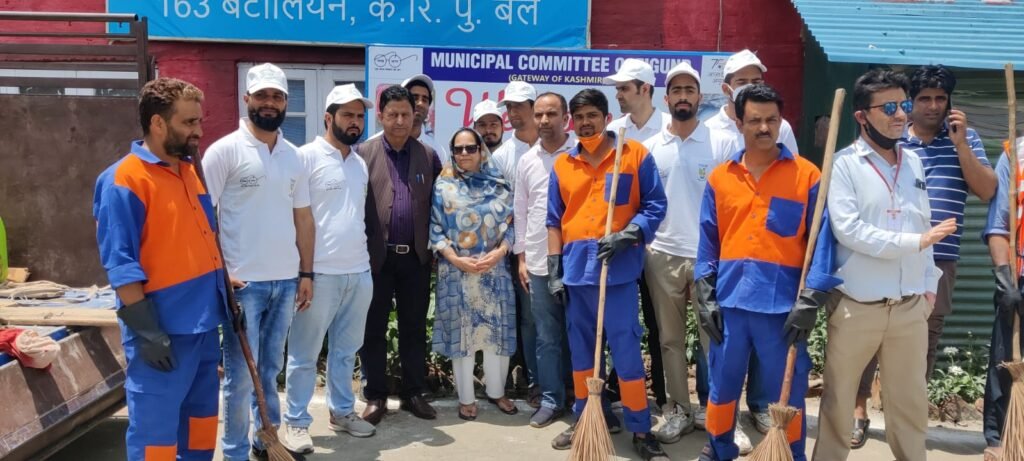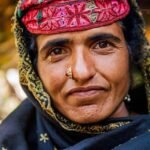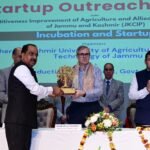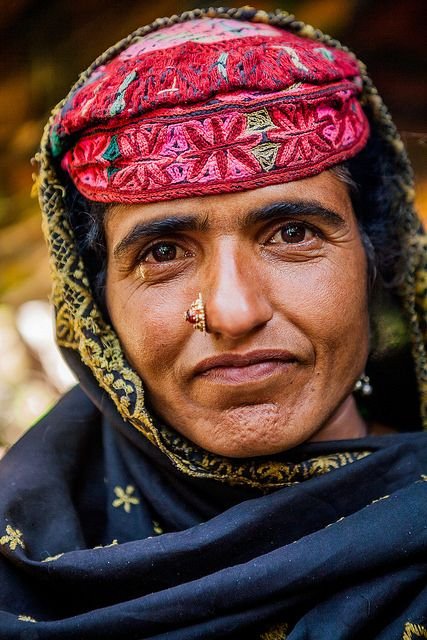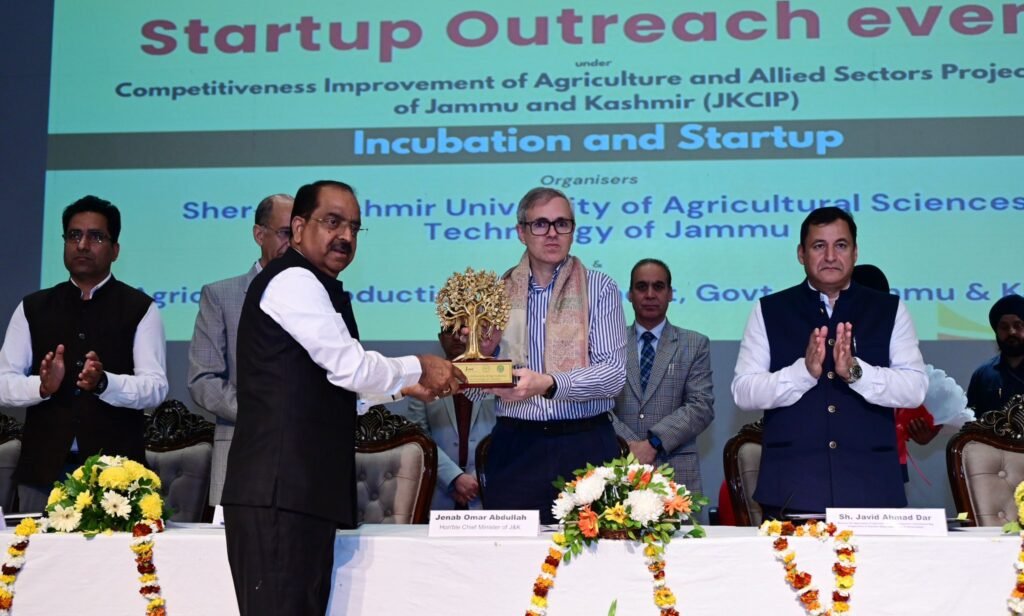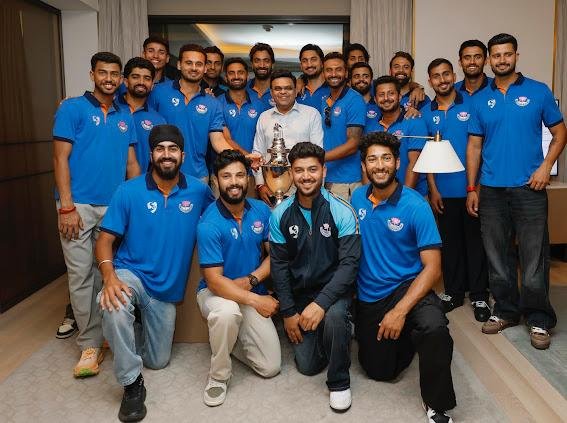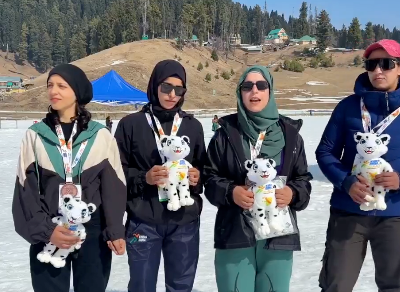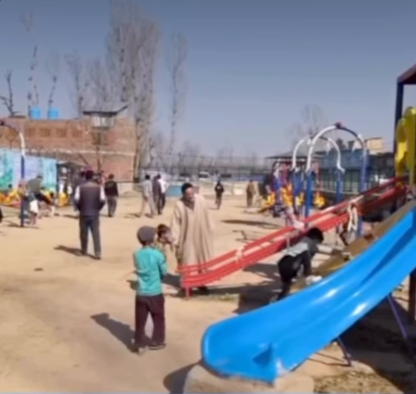Date: July 9, 2025Srinagar, J&K – The Directorate of Rural Sanitation (DRS), Jammu and Kashmir, is transforming rural waste management through innovative systems for waste segregation, composting, and disposal, ensuring seamless, round-the-clock sanitation services across the Union Territory. Under the Swachh Bharat Mission–Grameen (SBM-G), the DRS has made significant strides in promoting sustainable sanitation and reducing environmental pollution.
Director General of Rural Sanitation, Anoo Malhotra, emphasised the success of 52 Plastic Waste Management Units (PWMUs) operational across J&K. These units are actively engaged in the collection, segregation, and recycling of plastic waste, significantly reducing the burden on landfills. “The PWMUs are delivering tangible results in plastic waste management, fostering a cleaner rural environment,” Malhotra told Rising Kashmir.
The DRS has introduced a five-point action plan at the village level to enhance rural sanitation
- Household-level waste segregation to separate biodegradable and non-biodegradable waste.
- Panchayat-led collection systems for efficient waste handling.
- Promotion of eco-friendly practices by youth clubs and self-help groups.
- Creation of plastic-free school zones to educate young minds.
- Public recognition of sanitation workers to boost morale and community participation.
The plan aligns with the Clean and Green Panchayat initiative, which empowers local bodies to lead in waste management, greywater reuse, and inclusive sanitation infrastructure. Award-winning Gram Panchayats have showcased best practices, including 100% waste segregation, large-scale composting, and safe disposal methods, contributing to the Sustainable Development Goals (SDGs).
The DRS’s efforts come at a critical time as rural India generates an estimated 0.3 to 0.4 million metric tons of solid waste daily. By integrating advanced segregation systems and promoting composting, the DRS is reducing landfill dependency and enhancing agricultural productivity through nutrient-rich compost. Malhotra urged residents to become “environmental ambassadors” and called on young technocrats to develop innovative solutions for rural waste challenges.
The National Rural Sanitation Workshop, held on July 2, 2025, in New Delhi, further highlighted the DRS’s contributions. Organised by the Department of Drinking Water and Sanitation (DDWS) and UNICEF India, the workshop showcased J&K’s progress under SBM-G, emphasizing decentralised waste management and community participation.
By leveraging waste-to-wealth strategies, such as recycling and composting, the DRS is setting a benchmark for rural sanitation in India. With continued investment in infrastructure and public awareness, Jammu and Kashmir is on track to achieve a cleaner, greener future.

